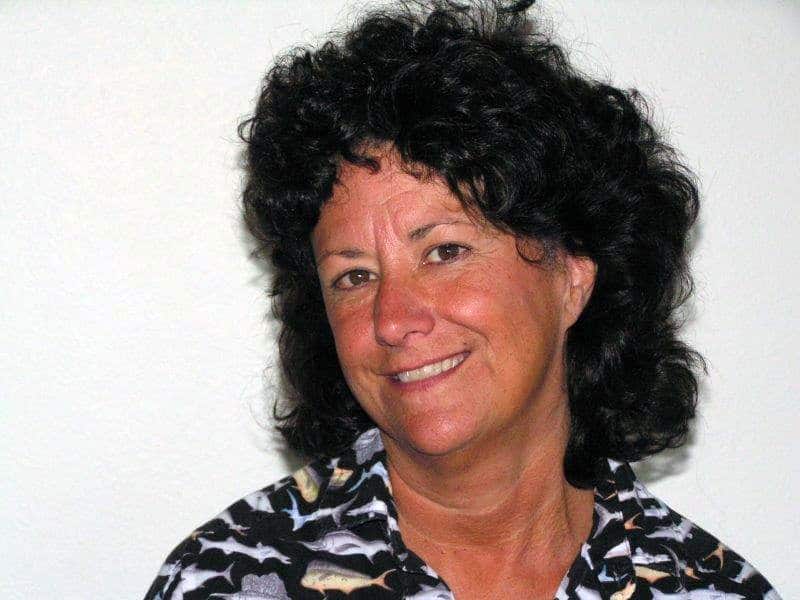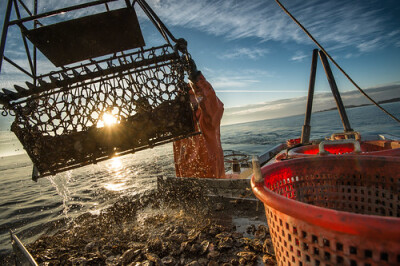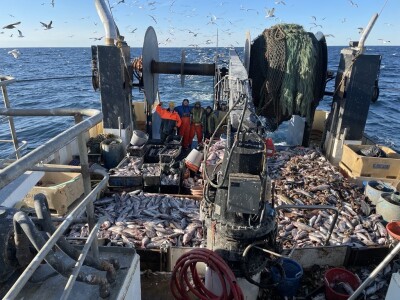The national Saltonstall-Kennedy grant competition — ongoing since 1954 — is calling for simplified advance proposals for its annual backing of projects that focus on the U.S. fishing industry. The money — about $145 million most years — comes from a tax paid to the U.S. Customs Service on seafood imports.
About $12 million will fund Saltonstall-Kennedy grants this go around, ranging from $25,000 to $300,000 for two years.
The popular program is always top heavy with academic and state applicants but it is trying to broaden its range, said Dan Namur, director of external funding for National Marine Fisheries Service.
“Over the past two years we’ve tried to open the door and make it more accessible to everybody,” Namur said during an outreach trip to Alaska.
“We’re really seeking applications that demonstrate a direct benefit to the U.S. fishing industry and that have a lot of involvement from fishing communities. “
Alaska received more than $1.5 million in Saltonstall-Kennedy grants last year, primarily for fishery data collection projects.
The call now is for two-page proposals that focus on four areas, including marine aquaculture and seafood marketing.
“From marketing existing fisheries to developing new markets for a fish that is underutilized, as well as branching out into areas that we’re not tapping as well as we could,” Namur explained.
Another funding target is environmental changes and long-term impacts on fishing communities.
“That could be physical changes happening in the environment. It also could be socio-economic impacts on the working waterfront, the communities and the individuals who live there,” he said.
A fourth SK grant priority is territorial science.
“We’re looking for better information for data poor areas,” Namur said. “One of the things we found in our territories, whether in the Western Pacific or the Caribbean, we need better data to make solid management decisions.”
Deadline for Saltonstall-Kennedy pre-proposals is October 10. For more information, visit www.grants.gov.







